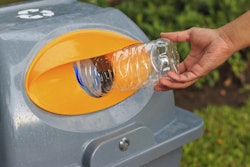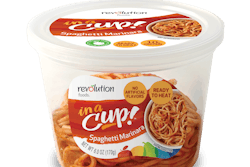
The branch of medicine known as homeopathy has long been present like a parallel medical path, inspiring to both loyal practitioners and followers as well as skeptics. It has undergone changes in recent years, and some homeopathic products have received some unwelcome attention lately about their safety. It’s the “practice of treating the syndromes and conditions that constitute disease with remedies that have produced similar syndromes and conditions in healthy subjects,” says FDA. The basic idea is to prevent disease by administering very small amounts of substances, typically natural in origin, that would be harmful in higher doses.
Important questions can be raised about the scientific validity of this alternative form of medicine. From a regulatory point of view, though, homeopathy has long been handled on a separate track from more mainstream medical products. In fact, the law has long recognized the other-ness of the field. The Federal Food, Drug and Cosmetic Act provides in the very definition of “drug” that anything listed as such in the “. . . official Homoeopathic Pharmacopoeia of the United States (HPUS)” would be considered a drug by FDA. The HPUS contains monographs setting out identities, potency levels and other specifications for over 1,200 ingredients. FDA says, “Homeopathic drugs generally must meet the standards for strength, quality, and purity set forth in the Homeopathic Pharmacopeia.“
FDA has said that in the past homeopathy has been “marketed on a limited scale by a few manufacturers who have been in business for many years and have predominantly served the needs of a limited number of licensed practitioners.” But in recent years, FDA has been openly struggling with how best to regulate this realm. In 2015, the agency asked for public comments on the regulatory framework it uses, and “whether and how to adjust the current enforcement policies to reflect changes in the homeopathic product marketplace over the last approximately 25 years.” They held the meetings but haven’t yet announced any broad new policies.
In late September, though, FDA warned consumers that homeopathic teething rings and gels may be risky for infants and children, and went so far as to advise consumers to stop using them and dispose of any they have.
FDA said it’s investigating adverse events relating to these products, and has been since a 2010 "safety alert" about such products. It said, “FDA analysis and testing identified some Hyland’s Teething Tablets that contained varying amounts of belladonna, a potentially toxic ingredient.” The agency recommended seeking medical attention if a “child experiences seizures, difficulty breathing, lethargy, excessive sleepiness, muscle weakness, skin flushing, constipation, difficulty urinating, or agitation after using homeopathic teething tablets or gels.” The products involved had “not been evaluated or approved by FDA for their safety or efficacy,” said FDA, and are labeled as being useful to relieve teething symptoms in children.
My guess is that FDA has heard and will continue to hear strong support from advocates of this form of alternative medicine, as well as pleas for more oversight to assure public safety. In that sense, homeopathy is not unlike the dietary supplement realm, which has its strong advocates and opponents as well. At some point, it will have to untangle the tough questions about whether it should change its approach to the entire field.

























